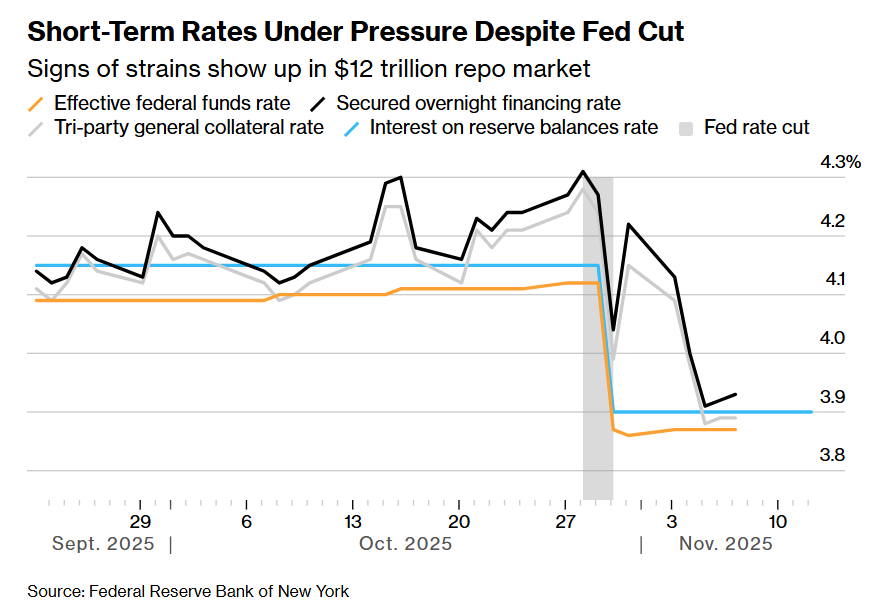Japan Exchange Group Considers Measures to Limit Crypto-Hoarding by Listed Companies
Quick Breakdown
- JPX may tighten backdoor listing rules and require audits for companies accumulating large crypto positions.
- Shares of crypto-hoarding firms, like Strategy Inc., have dropped sharply, exposing retail investors to losses.
- Japan now has 14 public Bitcoin-buying companies, the most in Asia, prompting closer regulatory scrutiny.
The Japan Exchange Group (JPX) is reportedly evaluating new measures to curb the rise of publicly listed companies accumulating large cryptocurrency holdings, amid growing concerns about investor protection. The move comes after losses from the recent corporate crypto hoarding boom have left shareholders exposed to steep declines.
According to Bloomberg, JPX is exploring the stricter application of its backdoor listing rules and may require additional audits for companies that shift significant capital into digital assets . While no final decisions have been made, the exchange is actively monitoring firms whose strategies could raise governance or risk concerns. Over the past two months, at least three publicly listed firms reportedly paused plans to acquire large crypto positions following pushback from JPX, which warned that aggressive crypto accumulation could affect their fundraising capabilities.
According to Bloomberg, Japan Exchange Group (JPX) is weighing tighter rules to curb “coin-hoarding” listed companies (DATs) after heavy retail losses. JPX is considering stricter backdoor-listing enforcement and re-audits, has asked three prospective DATs to pause plans, and…
— Wu Blockchain (@WuBlockchain) November 13, 2025
Investor risks and market reaction
Shares of companies heavily investing in crypto have seen sharp declines after earlier surges this year. Strategy Inc., which built a Bitcoin portfolio valued at approximately $66 billion, has seen its stock roughly halve since mid-July, highlighting the volatility and risks associated with corporate crypto treasuries. Retail investors holding these stocks have faced substantial paper losses, prompting calls for stronger regulatory oversight.
Balancing innovation and oversight
Exchanges across Asia are also taking a cautious approach. Hong Kong and other regional venues have resisted new listings for digital-asset treasury firms. At the same time, Japan currently counts 14 public companies holding Bitcoin, the highest number in Asia, according to Bloomberg data. JPX officials emphasize that the exchange does not prohibit corporate crypto accumulation outright but aims to ensure companies maintain proper risk management and protect shareholder interests.
Meanwhile, Japan’s Financial Services Agency (FSA) is considering a new regulatory framework that would require providers of cryptocurrency management systems to register in advance. The proposal was discussed on November 7 at a working group under the Financial System Council, an advisory body to the prime minister, signaling ongoing efforts to balance innovation with investor protection in the rapidly evolving crypto landscape.
Take control of your crypto portfolio with MARKETS PRO, DeFi Planet’s suite of analytics tools.”
Disclaimer: The content of this article solely reflects the author's opinion and does not represent the platform in any capacity. This article is not intended to serve as a reference for making investment decisions.
You may also like
The US government restarts, $2.5 trillion in liquidity set to return: The silence in the crypto market is about to be broken


The 12 trillion financing market is in crisis! Institutions urge the Federal Reserve to step up rescue efforts
Wall Street financing costs are rising, highlighting signs of liquidity tightening. Although the Federal Reserve will stop quantitative tightening in December, institutions believe this is not enough and are calling on the Fed to resume bond purchases or increase short-term lending to ease the pressure.

Another Trump 2.0 era tragedy! The largest yen long position in nearly 40 years collapses
As the yen exchange rate hits a nine-month low, investors are pulling back from long positions. With a 300 basis point interest rate differential between the US and Japan, carry trades are dominating the market, putting the yen at further risk of depreciation.
